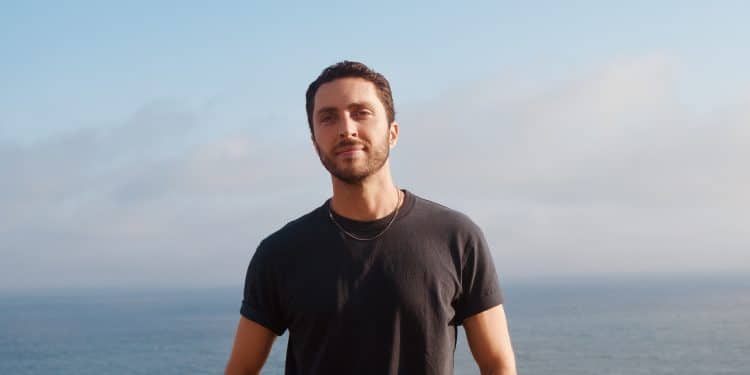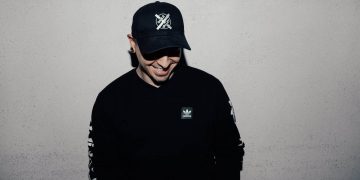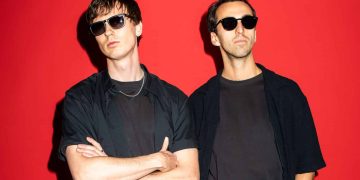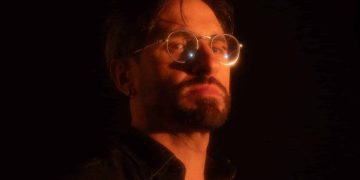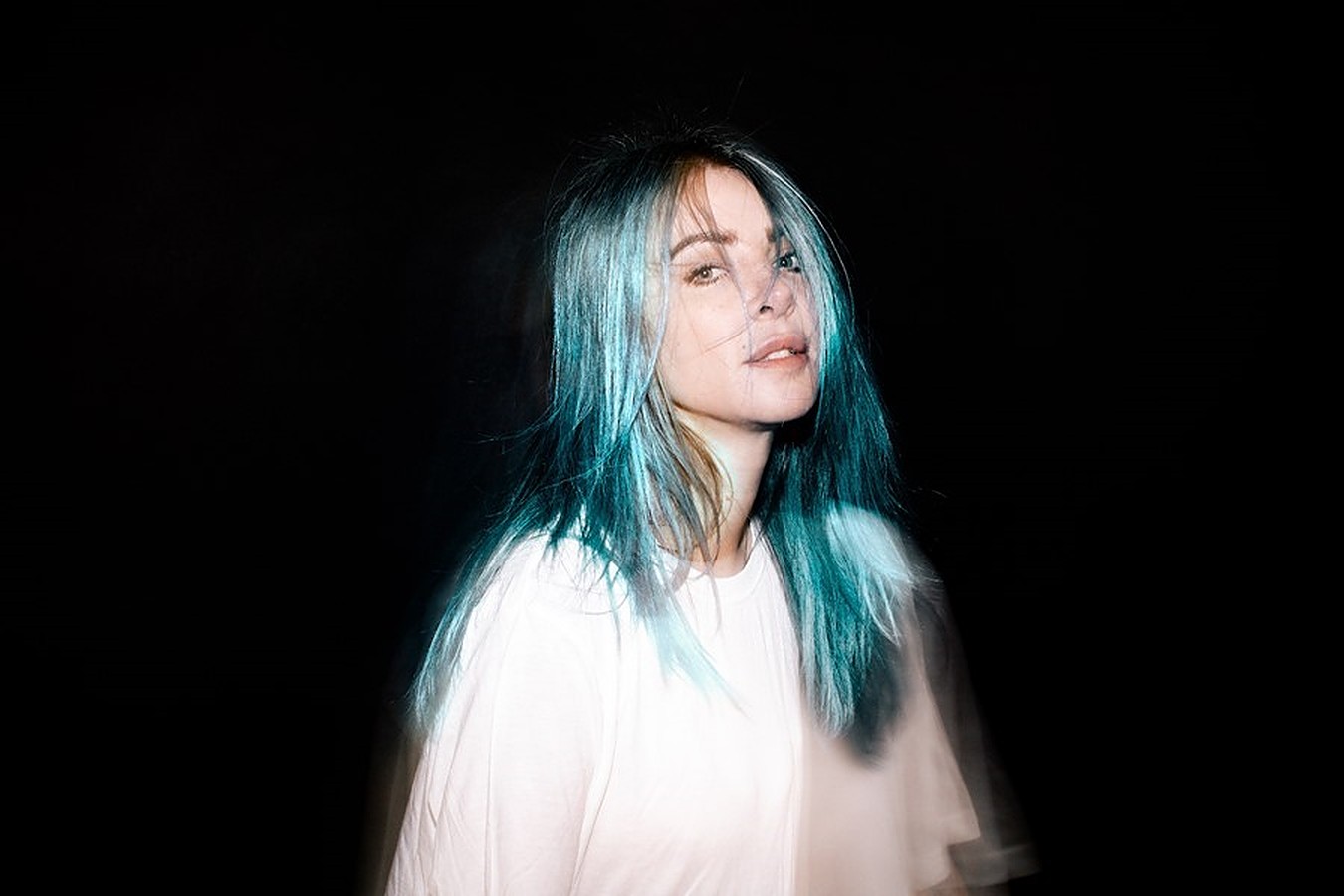Fresh off his latest release, Ded Sheppard chats about his creative process, his relationship with Onset Audio, and hearing his music at Coachella.
As the Drum & Bass community continues to grow around the world, artists both new and old put their own spin on the genre and twist it in their own way. Enter Ded Sheppard a Vancouver-based artist who has been turning heads with his signature sound, which has been described as “evolving tribal techno” by NOISIA.
His latest release, You Can’t Take It With You, shows his dedication to his craft with masterful sound design and complex rhythms that drive the album and send a chill down your spine. If you’re a fan of DnB or just finding your feet in the genre, you’ll definitely want to check out his exclusive guest mix below and read on to see what he has to say on the rise of DnB in North America and more!
Stream EDMID Guest Mix 187 || Ded Sheppard on SoundCloud:
Hey Ded Sheppard, thanks for talking with us! Your new album You Can’t Take It With You is out now and your unique take on Drum n’ Bass really makes it stand out. What was the creative process like on the album and did you approach it differently than your previous work?
The creative process for You Can’t Take it With You, I think would be best described as a similar process to scoring a movie. I had a very clear vision prior to writing, what I thought each piece would represent to tell the story.
So in order to create a unified sonic world for YCTIWY, I created a set of rules – I only used a set amount of instruments and themes and I also used a unified and unique sound creation and/or processing chains that were the same throughout the album. I set out to create some tonal pieces and worked hard to ensure that they felt like they were cut from the same cloth or part of the same world so the lines between the tonal pieces and the tracks were blurred and felt unified.
You Can’t Take It With You also has a “tightly woven narrative” throughout, according to the write-up on Onset Audio’s Facebook page. Do you plan to create a music video of this narrative at any point to give fans a visual journey to pair with it?
I hadn’t considered creating a music video to bring the sonic narrative to visuals. I definitely think that’s a great idea, I’m getting some ideas!
Since the release of your self-titled EP back in 2015, how do you feel you’ve grown as an artist?
Since 2015 I feel like I have grown a lot, and I have a better sense of who I am as an artist. I feel like I have learned to be more consistent with my releases and a growing body of work.
During this time you’ve also worked closely with Onset Audio. How did your relationship with the label first form and what has it been like getting their support?
It started out like most Artist/Label relationships, I sent in a demo. I sent in a couple of tracks and Onset wanted one of them “1 bad 1” and asked if I had more like it. I didn’t, so I wrote another tune “Embers” and they loved it so that started my Onset chapter. Onset’s been a great label as they’ve been open to what I do artistically and so I’ve been able to get enough confidence to experiment with my sound and see how far I can take things, so their support has been essential for me to grow as an artist.
Let’s turn back the clock to when you used to produce under the alias Code Blue and your song “Graveyard Twist” with The Panacea was featured in Aphex Twin’s historic Coachella 2008 set. What was it like to hear your song being played on such a huge international stage?
I remember the day clearly I was making tracks in my studio and The Panacea DM’s me and says something to the effect of “Andrew are you sitting down?” and then proceeds to send me a YouTube clip of the Aphex Twin’s set. It was pretty surreal to hear my song played at that venue especially by an artist that I admire.
It certainly had a lasting impact on me and gave me fuel to keep moving forward. That’s what I love about creating music once it is released it has a life of its own. In one of the recordings, an audience member says “I can die happy” and that pretty much summed up my feelings at the time.
What has been the biggest struggle that you’ve faced so far in your career, and how did you overcome it?
Being consistent, I think is the hardest.
Drum & Bass has been growing rapidly in the United States and Canada after being considered a European-centric genre for a long time. What do you see as the key to continued growth for DnB in North America?
What attracted me to DnB in the first place was its future-ness, the feeling, and the energy. When I first heard DnB/jungle compared to the non-electronic music at the time, I thought like “what planet does this come from?” I couldn’t believe my ears I had more questions than answers. I think innovation drives this genre. When you feel something, when you hear something, it changes your view of music.
Now that your latest album has been released, what are some goals that you’ve been setting for yourself to achieve in the future?
I’m working new music right now, there are some remixes slated which I am excited about. I would like to do some collaborations as well in 2020.
Let’s end with a fun one: When we come to Vancouver, where is your favorite place that we should grab a bite to eat at?
My go-to pizza joint “Don’t Argue” just closed and I’m in mourning, so I’d say “Sal y Limon”.
Connect with Ded Sheppard on Social Media:
Facebook | Twitter | Instagram | SoundCloud



